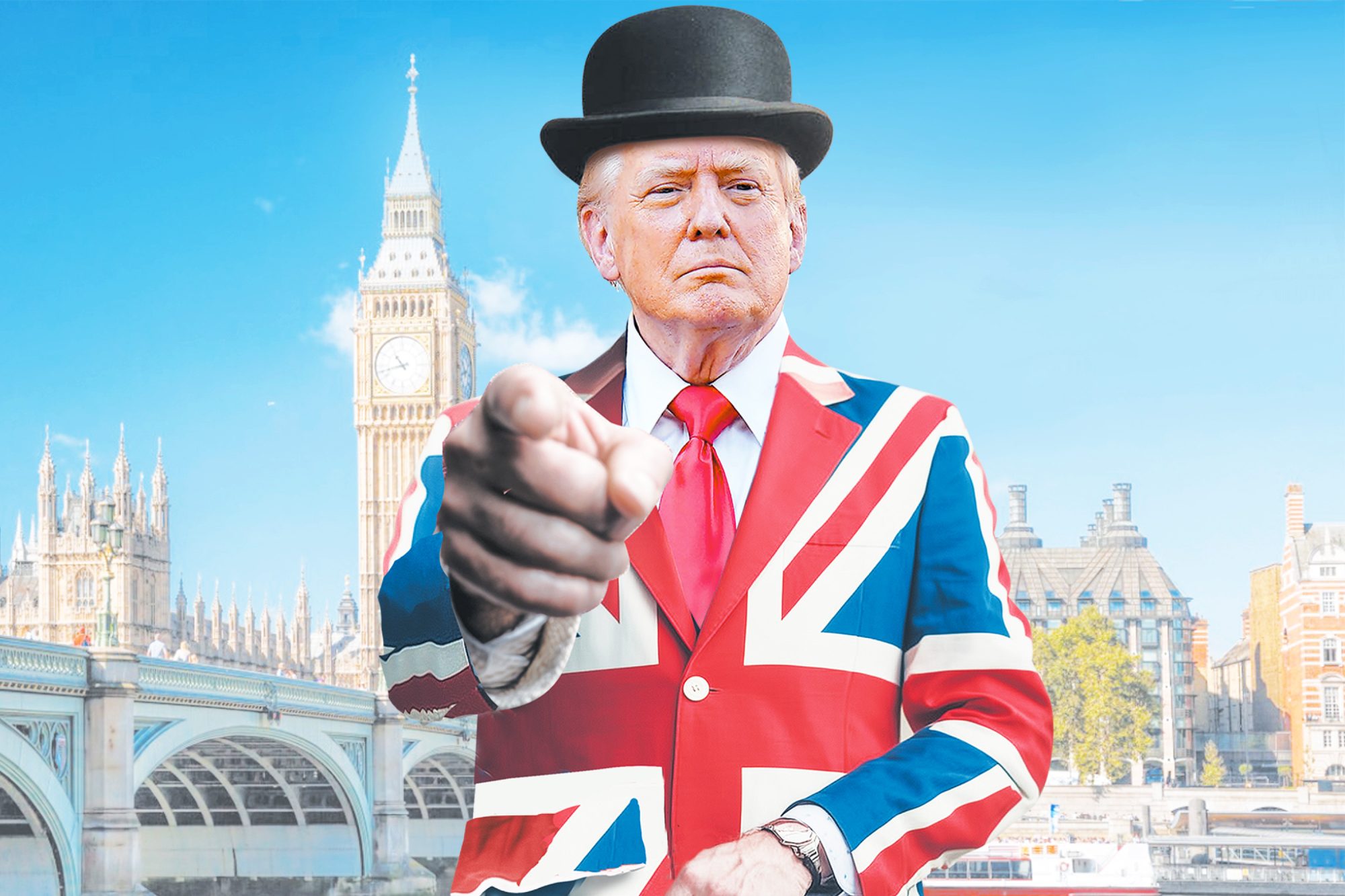Donald Trump’s recent visit to the United Kingdom sparked an intense public debate, forcing a candid examination of political discourse and leadership. His unvarnished remarks, delivered with characteristic bluntness, left many Britons questioning the sincerity and directness of their own elected officials. The spectacle prompted widespread introspection into the nature of truth-telling in contemporary politics.
A recurring theme among the British populace during Trump’s four-day stay was a profound yearning for honesty. Many openly pondered why their national politicians shied away from addressing pressing domestic issues with the same forthrightness that the visiting dignitary displayed. This stark contrast highlighted a perceived deficit in candid communication from the UK political establishment.
Among the most striking declarations was Trump’s dire warning regarding migration. He asserted that if the “horrible invasion” of unvetted individuals continued, “you’re not going to have Europe anymore.” This provocative statement, delivered without diplomatic pleasantries, resonated deeply with segments of the population who felt their concerns on immigration were often sidestepped by their own leaders.
The setting for some of these bold pronouncements was itself symbolic: the illustrious Donald J. Trump Ballroom. Witnesses described an extraordinary scene, with the leader of the United Kingdom visibly shifting with discomfort as a foreign figure lectured him on the nation’s perceived shortcomings. This public display of a transatlantic power dynamic underscored the unusual nature of the visit.
Beyond social commentary, Trump also weighed in on critical economic matters, particularly the vast potential of the North Sea. Through his Truth Social platform, he bellowed about a “VAST FORTUNE TO BE MADE” from its resources, drawing attention to a significant national asset and its strategic importance.
He further elaborated that greater energy independence, facilitated by harnessing these resources, would inevitably lead to “lower energy costs” for ordinary Britons. This connection between national assets and tangible economic relief for citizens was a message designed to appeal directly to the electorate’s financial anxieties and aspirations, intertwining Energy Policy with everyday life.
The overriding question that lingered in the United Kingdom after Donald Trump’s departure was not merely about his specific policy suggestions, but about the very manner in which he engaged with the public. Many Brits continued to ask why their own politicians could not articulate the nation’s problems with similar clarity and conviction, challenging the prevailing style of UK Politics.
This unprecedented engagement from an influential figure in US Politics served as a catalyst for a deeper conversation about national identity, economic sovereignty, and the future direction of International Relations. The visit compelled many to consider the impact of such blunt truth-telling on the fabric of society and the global stage.






Leave a Reply